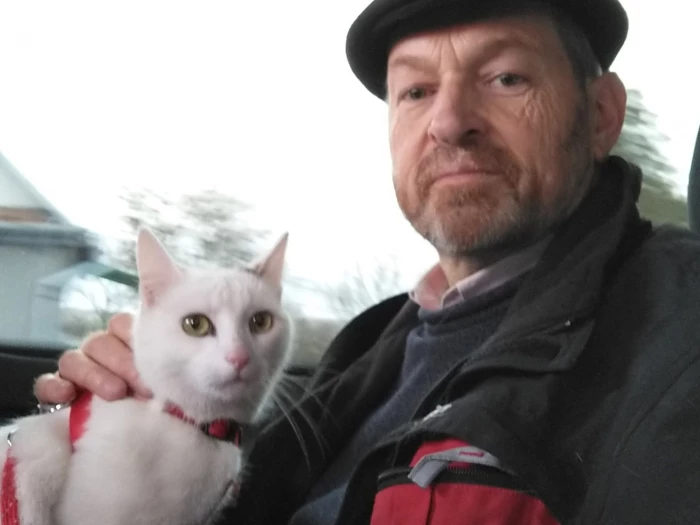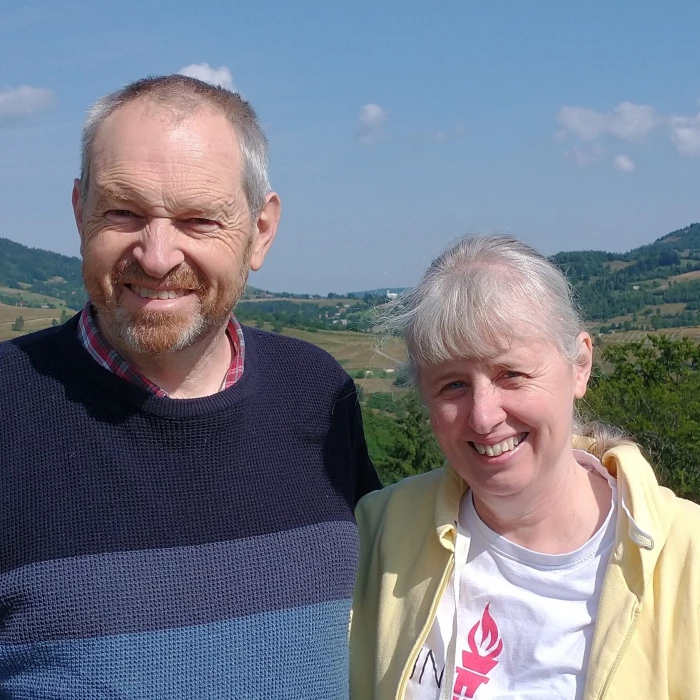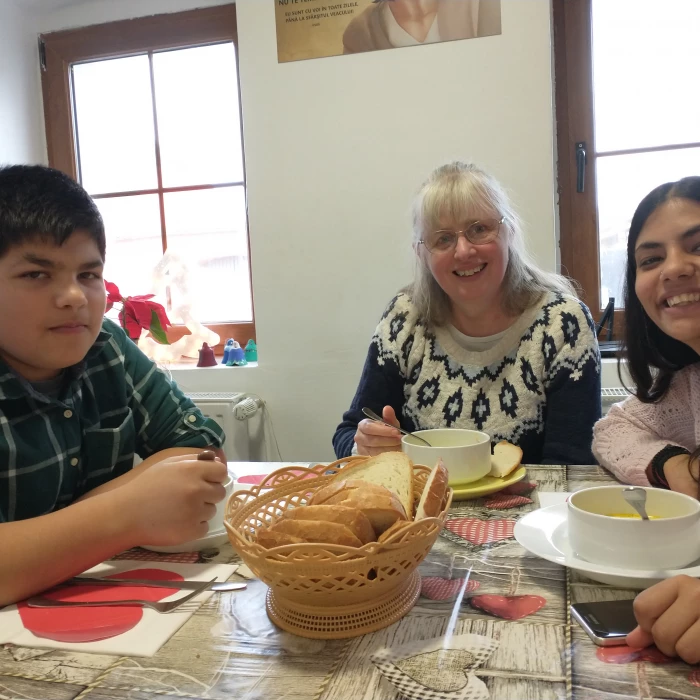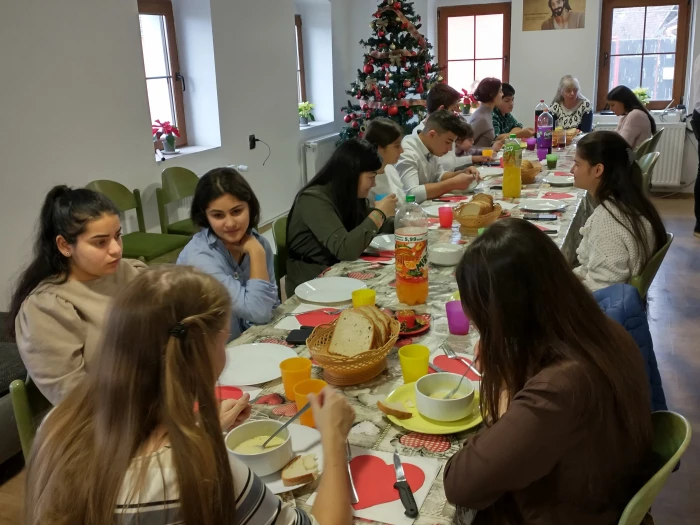
Early on the morning of the 25th of November, a tired local preacher and a very scared cat arrived in Newark after a thirty-hour journey by van from Romania. This marked the successful completion of what had seemed like a mammoth task: our move back to the UK after six years in Romania! Our cat 'Smudge' had been vaccinated and passported; eighty boxes packed, measured, weighed and registered; customs declarations and plane tickets organised; and many sad goodbyes said. It was the culmination of a process that had begun when Ros and I visited Newark in the summer and subsequently accepted the offer of employment to serve as Local Lay Pastors in the Newark and Southwell circuit.
We have come with a clear sense of Gods calling and provision – indeed the number of answers to prayer and God-instances that made the trip possible were quite astounding. We have also come with a renewed sense of vision, purpose and hope for this next season of our lives together. For some, Romania is little more than a land of mist and legend, for us it has been a place of refreshment, renewal and inspiration.
Naturally, we both have much to share about our time there, but I don't want to give it all away too quickly. Indeed, we look forward to beginning that tale at our first service together in Balderton on 11th February. However, I thought it might be nice to share a few pictures that illustrate one theme – that of Romanian orphanages.
For many of us, our first glimpses of post-communist Romania, back in 1990, were blighted by the terrible images of children, often with mental, physical or emotional disabilities, packed into cots and even chained up. They left a lasting impression on many in the UK and across Europe.
However, since the fall of communism and the opening up of the country, much has changed. The institutions were soon closed, and western charities moved in to fill the gap that an overburdened government administration, riddled with bureaucracy, could not. Small charities sprang up all over Romania, many funded by small churches and charities across Western Europe.
Unfortunately, as time has passed, some of the homes set up by these charities have begun to struggle as paperwork has piled up and funding dried up. Legislation now limits such homes to a maximum of 12 residents, and most are run by a couple of house parents – often with their own children too! It was great to see the (very young) United Methodist Church of Romania actively supporting a number of these small institutions, building links with the community, distributing Christmas gifts, and finally taking over the running of a small orphanage in the village of Cornetel, near Sibiu.
The final pictures (right) are a sign of hope and encouragement. They illustrate the difference the church – all of us acting together – can make. A year ago, Ros and I had Christmas dinner with the children and young adults in that orphanage. We had the opportunity to visit them and to give each of them a gift voucher we had bought using money donated by friends and supporters in the UK. These gift vouchers allowed them to go shopping and buy one or two items of clothing for themselves, rather than relying on charity parcels and hand-me-downs.
Perhaps, with God's help, we will be able to do something similar next year?
Duncan Smith



